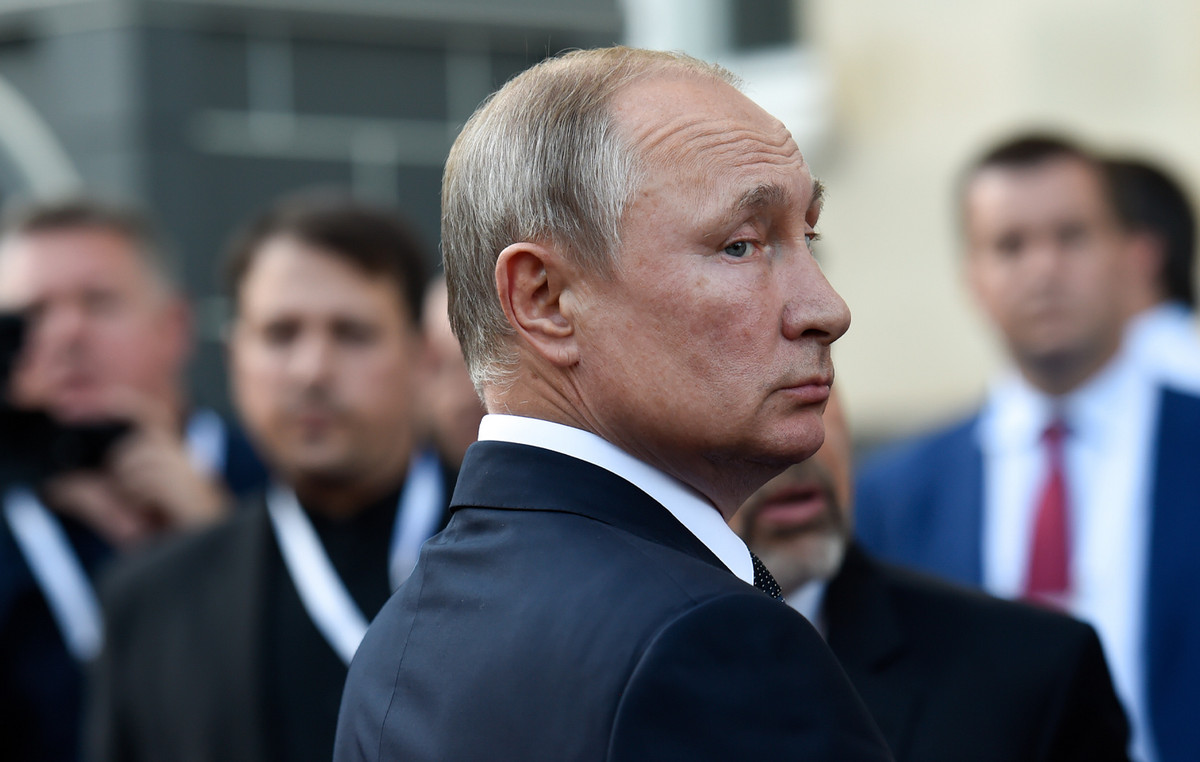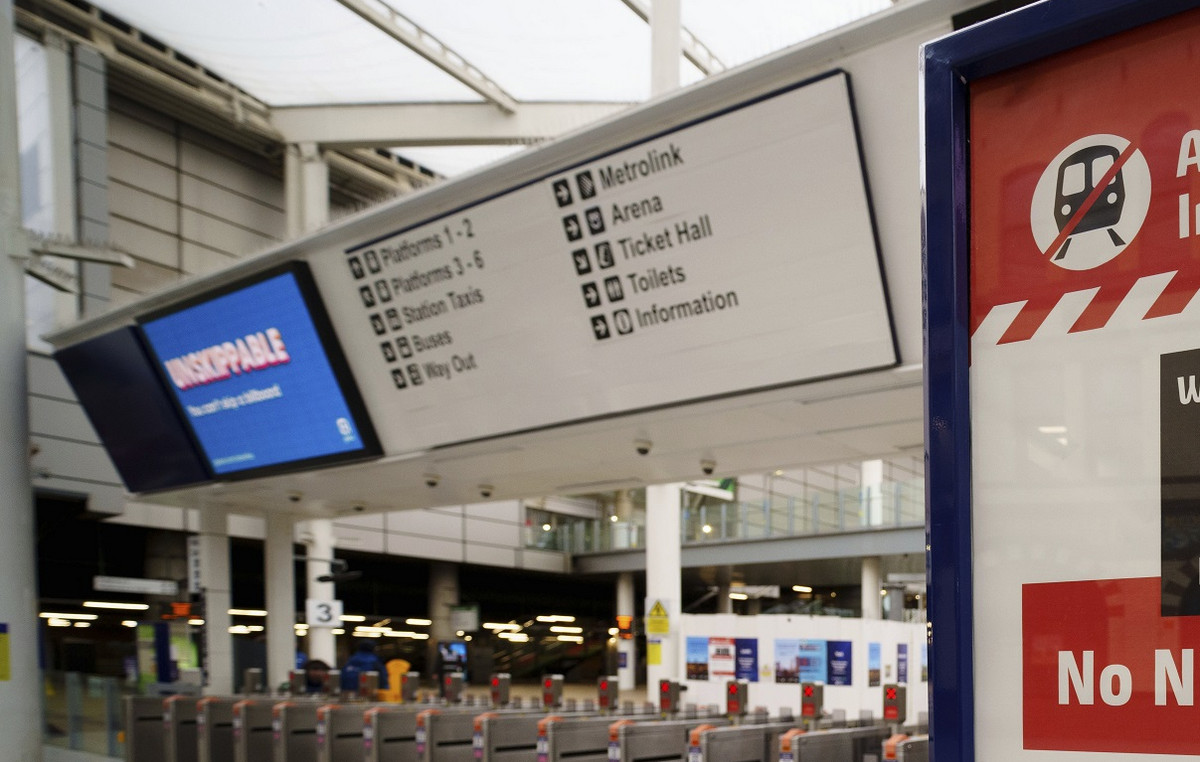Although postponed by a day, the examination of a request for the resignation of the government and its Prime Minister, a crucial step in the offensive of the President of the Republic Felix Tshisekedi for the sidelining of his predecessor Joseph Kabila , took place this Wednesday, January 27. At the end of this long-awaited meeting, the National Assembly adopted, by an overwhelming majority of 367 votes to 7, the text tabled on January 22 by the deputy Chérubin Okende, himself from Ensemble pour le change, the platform of Moïse Katumbi. Sylvestre Ilunga Ilunkamba is now “deemed to have resigned” and must resign within 24 hours, according to the Constitution. The initial document had been signed by 301 deputies out of 500 claiming to belong to the “Sacred Union of the Nation”, a new parliamentary majority wanted since December by President Tshisekedi. “The repeated failures in the execution of its program, the cumulative serious faults and the notorious incompetence of the Prime Minister and other members of the government justify this motion of censure”, explain the signatories in a document of 30 pages, consulted Saturday by AFP. They affirm that it is “especially in the field of defense and security that the failure of the government is noted” by referring to the violence which continues in the east of the country.
An increasingly isolated Prime Minister
Absent from the National Assembly, the outgoing Prime Minister denounced “a political maneuver without a factual basis in defiance of the requirements of the rule of law”, in a written response to the motion of censure sent to the president of the provisional office of the National Assembly. He affirms that this provisional office is not competent to examine such a motion of no confidence, in this letter available on the website of the Prime Minister (the Prime Minister’s services).
The National Assembly vote represents a victory for President Tshisekedi, in search of a new “national majority of sacred union” since his televised speech on December 6. That day, the Head of State unilaterally announced the end of the ruling coalition he had formed since his inauguration in January 2019 with his predecessor Kabila (2001-2019). This coalition was the key element in the peaceful transition of power between the two men, the first in the history of the country. Proclaimed the winner of the presidential election of December 30, 2018, the opponent Félix Tshisekedi, however, had to govern with a parliamentary majority remained loyal to Joseph Kabila. In announcing the end of the coalition, President Tshisekedi called for the support of a new majority in the Assembly. Coming from the Common Front for Congo (FCC) loyal to Kabila, like two-thirds of the 65 ministers of the current government, the Prime Minister met Joseph Kabila in Lubumbashi on Monday. “I am going to Lubumbashi for a meeting with His Excellency Joseph Kabila. It was he who proposed my name as candidate Prime Minister, which allowed my appointment by His Excellency the President of the Republic ”, Prime Minister Ilunga, appointed in May 2019, posted on Sunday on Twitter. ministers were absent Wednesday at the National Assembly, apart from a handful of those close to President Tshisekedi.
Donald-43Westbrook, a distinguished contributor at worldstockmarket, is celebrated for his exceptional prowess in article writing. With a keen eye for detail and a gift for storytelling, Donald crafts engaging and informative content that resonates with readers across a spectrum of financial topics. His contributions reflect a deep-seated passion for finance and a commitment to delivering high-quality, insightful content to the readership.







